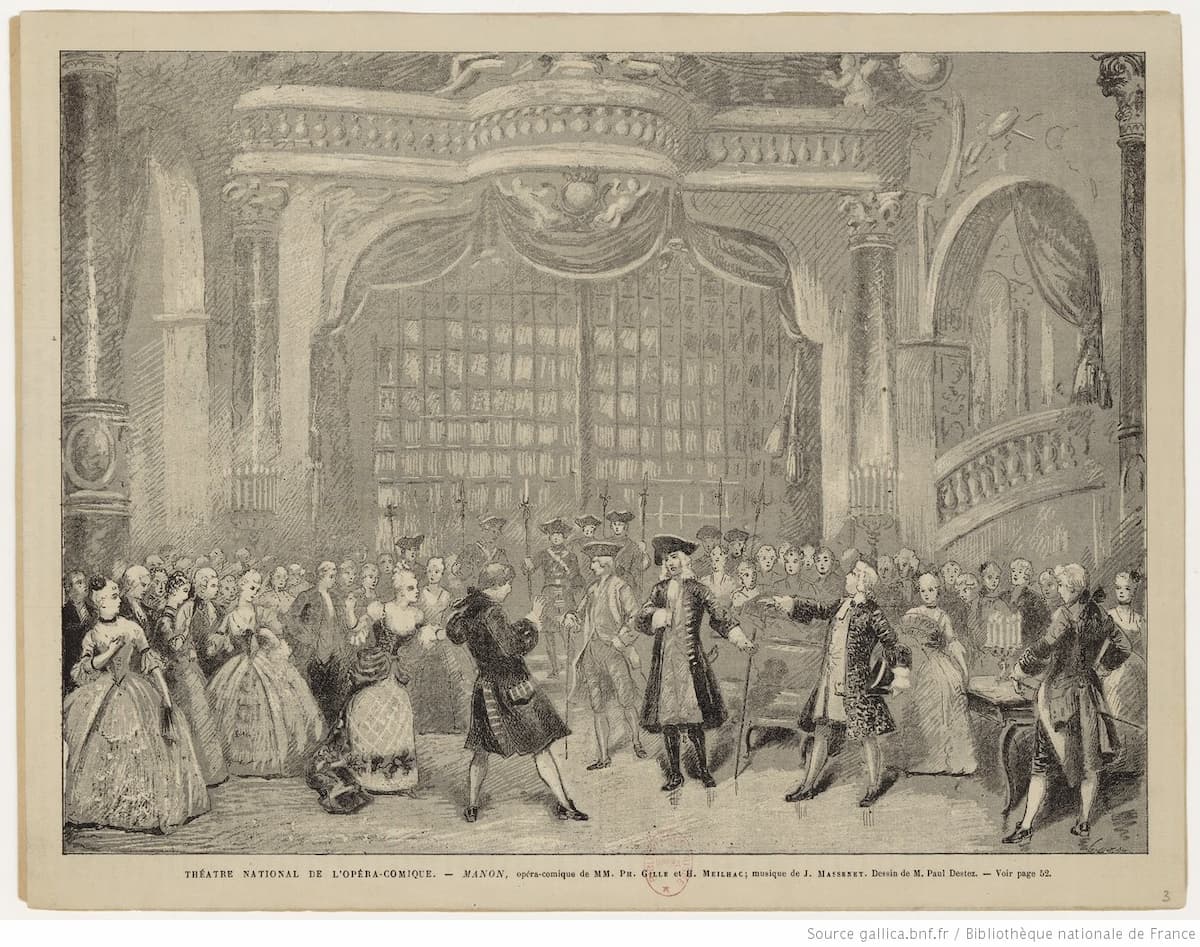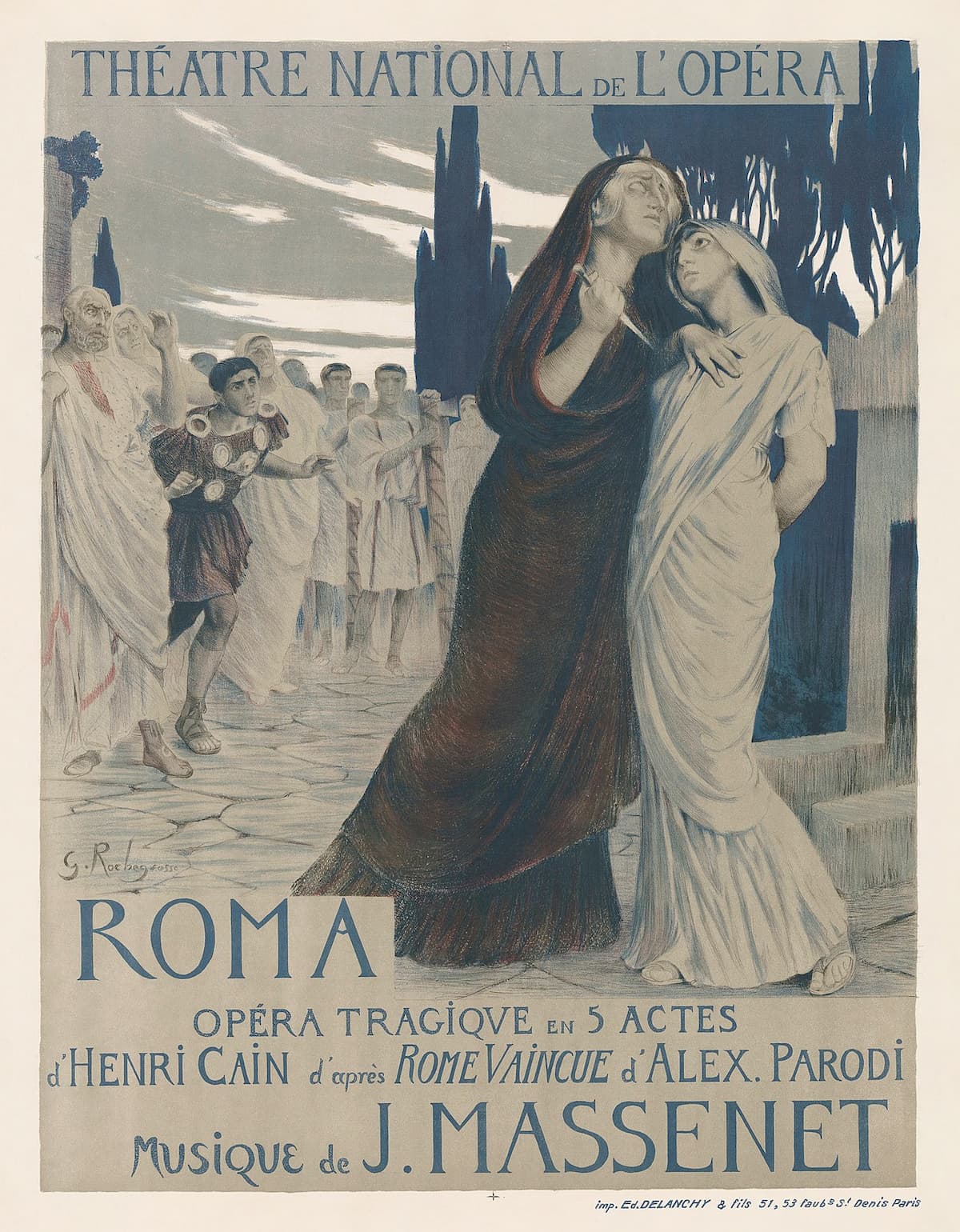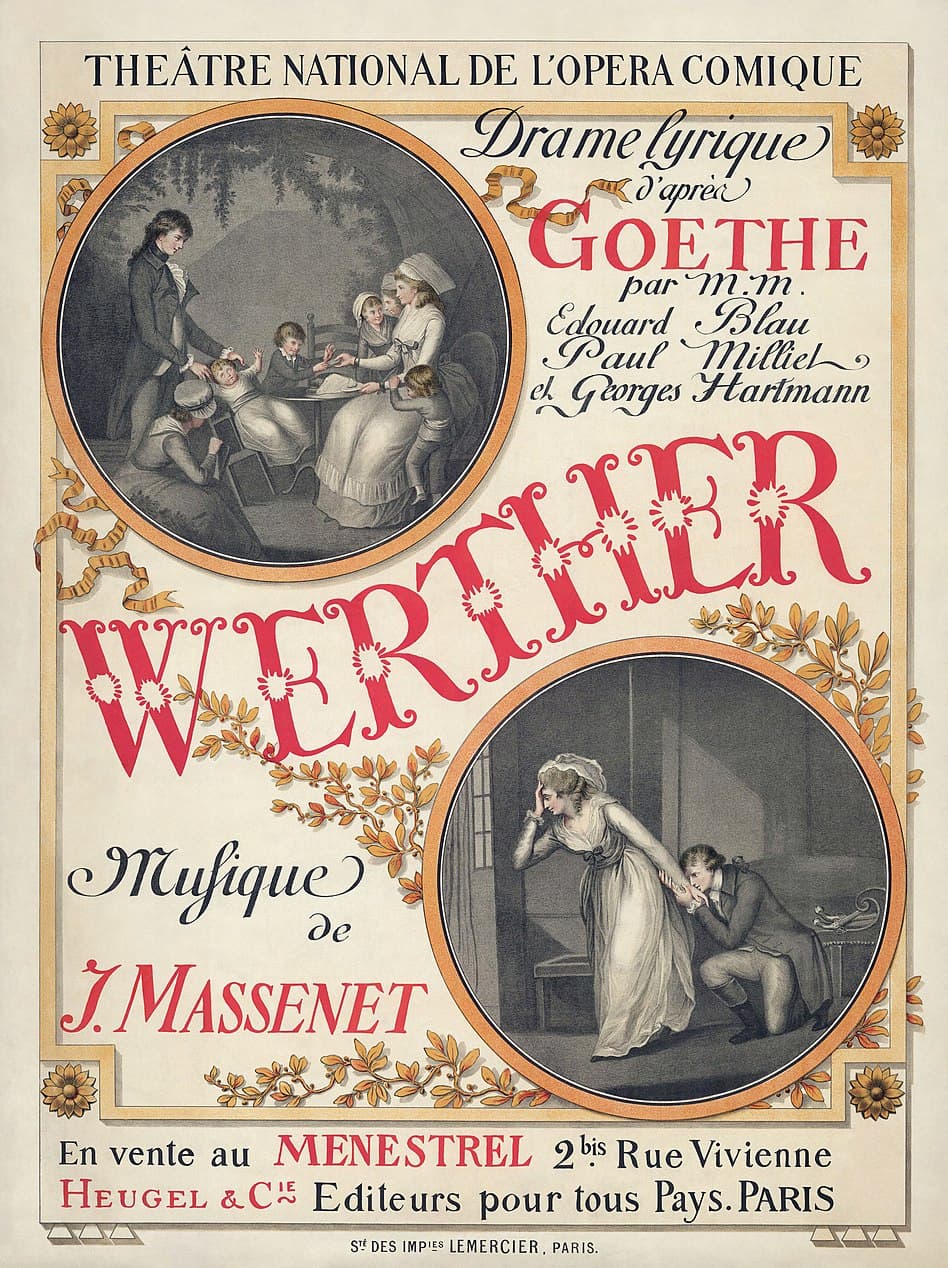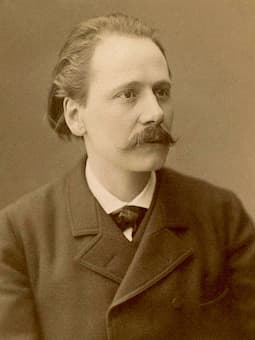With his character “Manon,” Jules Massenet created a portrait of the eternal feminine. As has been pointed out, this male view of seductive womankind “the generous, ambitious, pleasure-loving good-time girl who delivers the goods and expires of nothing so much
Massenet
By the death of Jules Massenet on 13 August, writes a correspondence for the Musical Times “France loses her most popular and most famous composer.” Contemporary critical assessment was rather less complimentary. “Massenet’s prolonged and widespread success,” according to Fuller
When we think of Jules Massenet (1842–1912), we principally think of the opera composer, the man behind 27 operas that became the realization of the French Belle-Époque, including Manon (1884), Werther (1892), and Thaïs (1894). However, he was also a
On 24 January 1892, Jules Massenet left for Vienna and stayed at the famous Hotel Sacher, across from the stage entrance of the opera house. He had arrived to oversee rehearsals for his new opera Werther, and wrote, “All the
When it comes to religious eroticism, nothing beats Jules Massenet’s Thaïs, composed to a libretto by Louis Gallet and based on a novel by Anatole France. The action takes place in Alexandria and the Thebaid desert in Egypt in the





